Dr. Barney’s research is broadly focused on the causes, consequences, epidemiology, management, and policy of invasive plant species.
Thematic Area(s):
- Biology, ecology, & ecosystem dynamics
- Restoration ecology
- Social science, economics, & policy
We will build teams across the university and develop transdisciplinary partnerships with government and tribal agencies, non-governmental organizations, industry, and local communities to promote deep understanding of invasive species’ impacts on society. In doing so, we will foster a holistic environment where science, policy, and the humanities meet to tackle this global challenge.
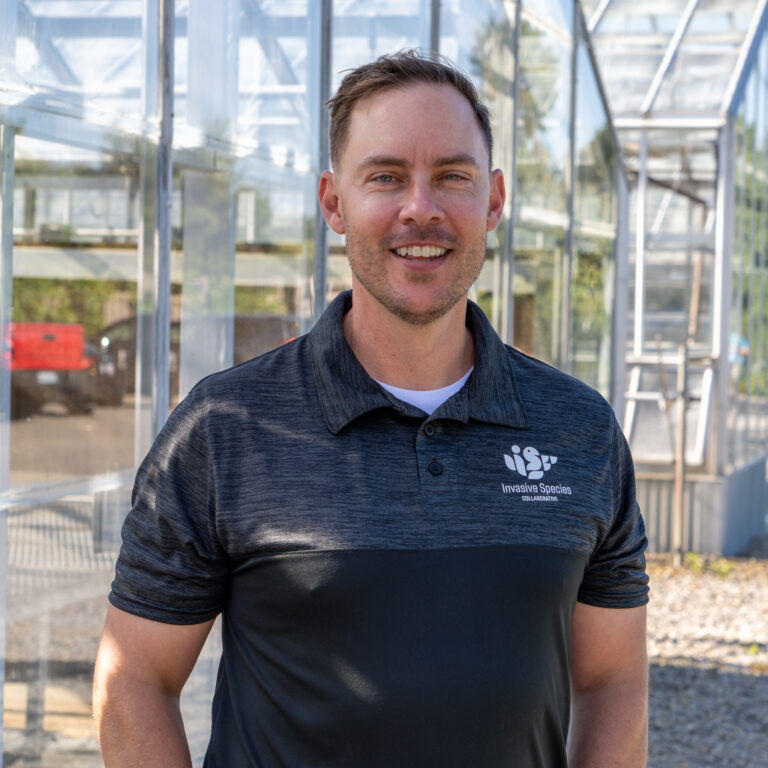
Dr. Barney’s research is broadly focused on the causes, consequences, epidemiology, management, and policy of invasive plant species.
Thematic Area(s):
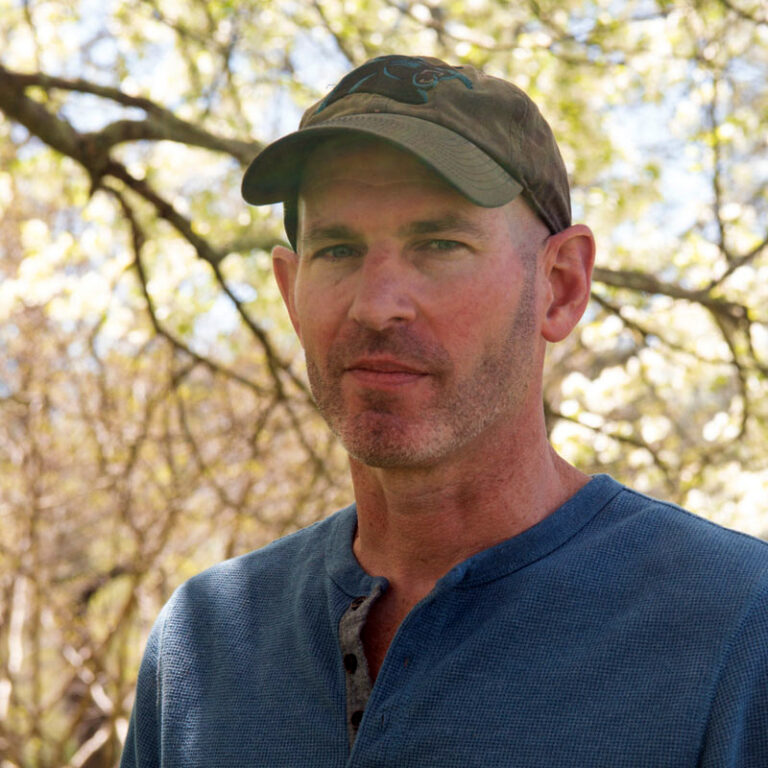
Dr. Brown’s research focuses on aquatic ecology, including community ecology and biodiversity, metacommunity structure and assembly, and the impact of invasions on symbiotic interactions.
Thematic Area(s):

Dr. Fearer’s research explores the micro- and macro- level impacts of nonnative pathogens on forest ecosystems. She has studied laurel wilt disease, beech bark disease, beech leaf disease, and walnut witches’ broom.
Thematic Area(s):

Hallie is the Program Coordinator for the Invasive Species Collaborative (ISC) at Virginia Tech. A proud alumna of Virginia Tech (B.S. Natural Resources Conservation) and the University of Georgia (Masters of Agricultural and Environmental Education), she has a passion for practical and ethical land management. Hallie brings nearly ten years of natural resource management experience to the ISC and is now responsible for overseeing a diverse portfolio of programmatic, communicative, and administrative activities.
Thematic Area(s):
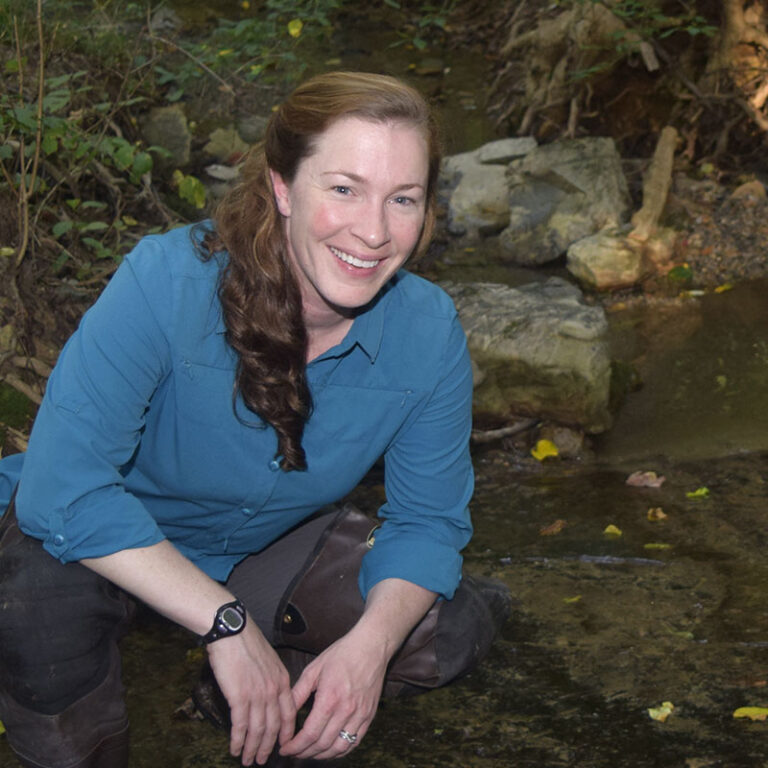
Dr. Mims’ research investigates how species’ traits and environmental attributes interact to influence community and population structure of aquatic organisms. Her overarching goal is to uncover, understand, and predict differential response of aquatic species to a changing landscape and climate.
Thematic Area(s):

Dr. Nuñez-Penichet is passionate about research that explores quantitative ecology, distributional ecology, invasive species, dispersal ecology, and biodiversity patterns.
Thematic Area(s):
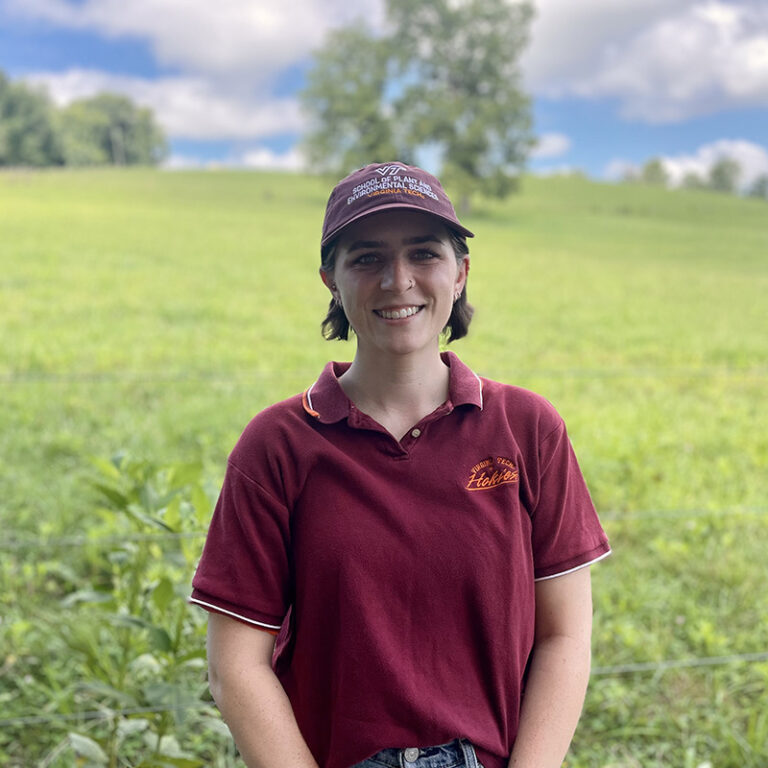
Ripa is researching how to limit non-native plant invasion of stream restoration projects and how both restoration and invasion might impact the soundscape, particularly as it relates to anuran communities.
Thematic Area(s):
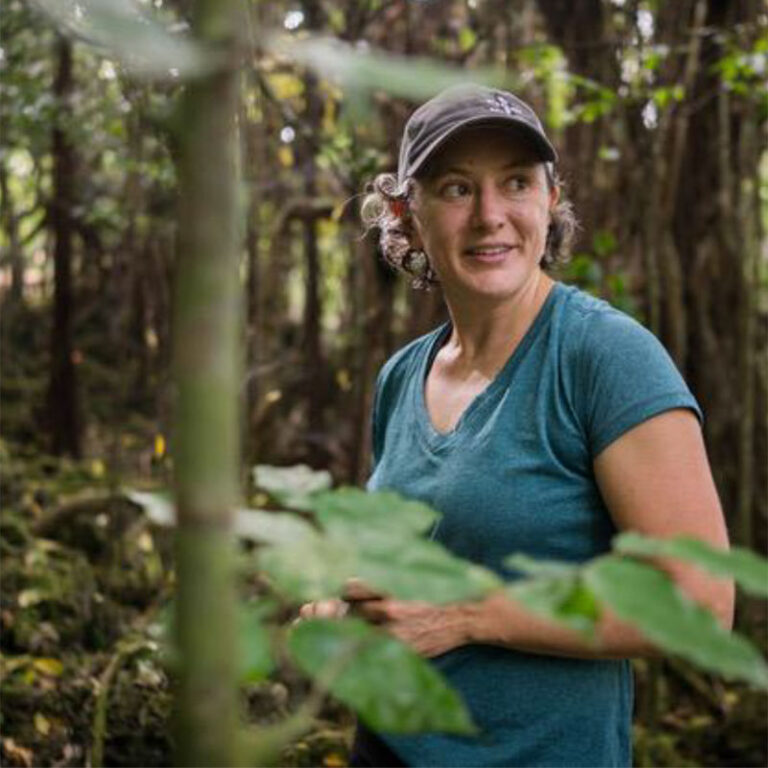
Dr. Rogers’ research focuses on population and community ecology, plant-animal interactions, seed dispersal, pollination, food web dynamics, tropical biology, ecosystem services, and conservation. A majority of the research is conducted on the Mariana Islands, where due to the introduction of the brown tree snake, Guam’s forests are now functionally without birds.
Thematic Area(s):

Dr. Sorice’s research interests focus on individual and group behavior as it relates to environmental stewardship with an emphasis on the role of natural resource users and landowners in protecting biodiversity and imperiled ecosystems.
Thematic Area(s):

Dr. Wald’s research explores the drivers of conflict and the barriers to effective communication in environmental contexts, including issues of trust, identity, and power in the management of water, land, and wildlife. This work informs the domains of environmental psychology, environmental and risk communication, and public policy.
Thematic Area(s):
Dr. David Haak | Professor, School of Plant and Environmental Sciences, Virginia Tech
Jordan Thompson | Master’s Student, Department of Entomology, Virginia Tech
Dr. Luis Escobar | Professor, Department of Fish and Wildlife Conservation, Virginia Tech
Dr. Todd Schenk | Professor, School of Public and International Affairs, Virginia Tech
Dr. Jamie Bucholz | Freshwater Mussel Technician Manager, Partnership for the Delaware Estuary
Grace O’Malley | Ph.D. Student, Department of Biological Sciences, Virginia Tech
Dr. Emily Reed | Regional Invasive Plant Coordinator, Southeast Alaska Watershed Coalition
Dr. Scott Salom | Professor and Graduate Program Director, Department of Entomology, Virginia Tech
Dr. Joe Drake | Postdoctoral Researcher, Peterman Lab, The Ohio State University
